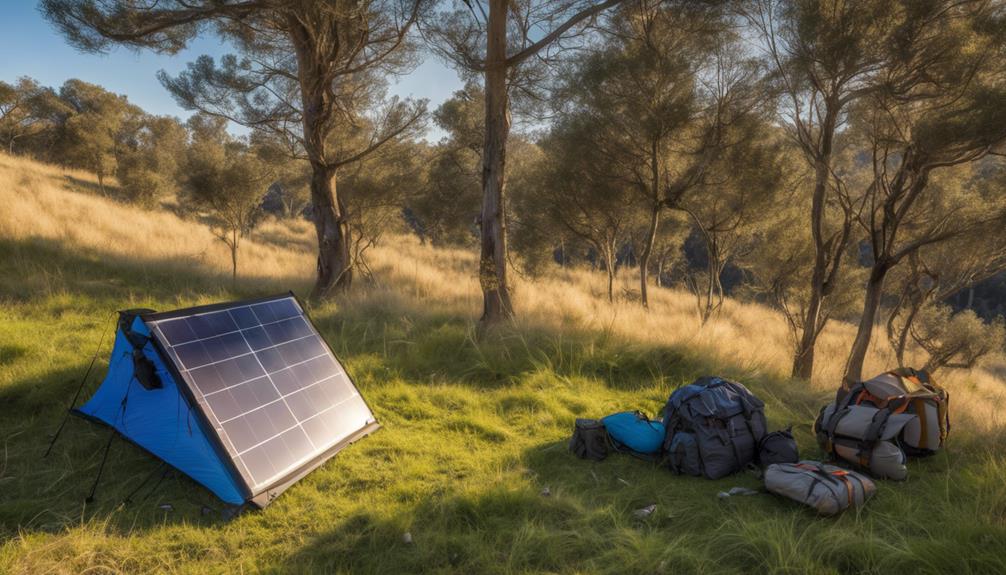
As the world shifts towards sustainable energy sources, many homeowners are considering the benefits of solar energy. One common question arises: Can I install solar panels myself? In this article, we will explore this question thoroughly, providing insights into the installation process, the potential challenges, and the benefits of professional installation. By the end, you’ll have a clearer understanding of whether a DIY solar panel installation is right for you.
Understanding Solar Panel Installation
Before diving into the DIY aspects, it’s crucial to understand what solar panel installation entails. Solar panels convert sunlight into electricity, providing a renewable energy source for your home. The installation process involves several steps, including site assessment, design planning, mounting the panels, connecting them to the electrical system, and ensuring compliance with local regulations. Each of these steps requires careful planning and execution, making it essential to weigh your skills and resources before deciding to go the DIY route.
The Pros and Cons of DIY Solar Panel Installation
When considering whether you can install solar panels yourself, it’s important to evaluate the pros and cons. On the positive side, DIY installation can save you a substantial amount of money, as you won’t have to pay for labor costs. Additionally, it offers a sense of accomplishment and control over the project. However, there are several downsides to consider. DIY installations may lack the expertise of professionals, leading to potential safety hazards and inefficiencies. Furthermore, many local regulations require permits and inspections, which can complicate a DIY approach. Balancing these factors is crucial in making your decision.
Assessing Your Skill Level and Knowledge
One of the most significant considerations when asking, “Can I install solar panels myself?” is your skill level. Installing solar panels requires a basic understanding of electrical systems, roofing, and structural integrity. If you have experience with electrical work, general carpentry, or roofing, you may be better suited for a DIY installation. However, if you’re unfamiliar with these areas, it might be wise to consult with professionals. Researching and understanding the components of a solar system, including inverters, batteries, and charge controllers, is also vital to ensure a successful installation.
Planning Your Solar Panel Installation
Proper planning is a critical step in the solar panel installation process. This includes assessing your property for solar suitability, determining energy needs, and selecting the right solar panel system. You’ll need to analyze factors such as roof orientation, shading from trees or buildings, and local weather conditions. Additionally, understanding your energy consumption will help you choose an appropriate system size. Tools like solar calculators can provide estimates on how many panels you might need and the potential energy savings. This planning phase is essential to ensure that your DIY installation meets your energy needs effectively.
Understanding Local Regulations and Permits
Before proceeding with a DIY solar panel installation, it’s crucial to familiarize yourself with local regulations and permitting requirements. Many regions have specific rules regarding solar installations, including zoning laws, building codes, and safety regulations. Failing to obtain the necessary permits can result in fines or the need to remove the installation altogether. Researching your local government’s website or consulting with a local solar energy expert can provide valuable information on what is required in your area. This step is essential to ensure compliance and avoid potential legal issues down the line.
Gathering the Necessary Tools and Equipment
If you decide to proceed with a DIY solar panel installation, gathering the necessary tools and equipment is vital. You will need basic tools such as a drill, ladder, wrenches, and safety gear. Additionally, purchasing quality solar panels, inverters, batteries (if applicable), and mounting equipment is essential. Consider investing in reliable brands with good warranties to ensure the longevity of your system. Many hardware stores and online retailers offer solar kits, which can simplify the purchasing process. However, ensure that the components are compatible with each other and suitable for your specific needs.
Executing the Installation Process
Once you’ve completed the planning and gathered your tools, it’s time to execute the installation. This phase involves several steps: mounting the panels, connecting the wiring, and integrating the system with your home’s electrical setup. When mounting the panels, ensure they’re securely affixed and angled optimally for sunlight exposure. Electrical connections must be handled with care, as improper wiring can lead to inefficiencies or hazards. If you’re uncomfortable with any part of the electrical work, consulting a professional electrician is advisable. Safety should always be your top priority during this process.
Evaluating the Performance of Your Solar System
After successfully installing your solar panels, monitoring their performance is essential to ensure they’re functioning effectively. Many solar systems come with monitoring software that allows you to track energy production in real-time. Regular maintenance, such as cleaning the panels and checking the wiring, is also necessary to maintain efficiency. If you notice any issues, such as decreased energy production or physical damage to the panels, consider consulting a professional for repairs or adjustments. Evaluating your system’s performance will help you maximize the benefits of your DIY solar panel installation.
Conclusion: Is DIY Solar Panel Installation Right for You?
In conclusion, the question, “Can I install solar panels myself?” ultimately depends on your skills, resources, and comfort level with the installation process. While DIY installation can save money and provide a rewarding experience, it requires careful planning, a solid understanding of electrical systems, and adherence to local regulations. If you approach the project with the necessary knowledge and preparation, you can successfully install solar panels yourself. However, if you feel uncertain at any stage, seeking professional assistance may be the best path to ensure a safe and efficient solar energy solution for your home.





